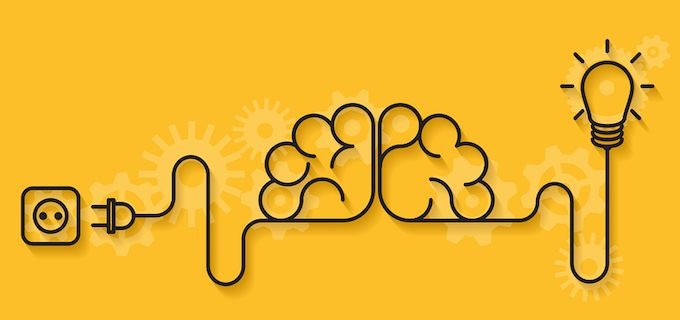In the age of AI automation, there’s a looming narrative that platforms like Meta, with their AI-powered ad creation tools, are set to make agencies obsolete. It’s a convenient headline — and a misleading one. The truth? Agencies are not under threat from Meta. They’re under threat from within.
Let’s get one thing straight: automation is not a villain. It’s a tool. Meta’s push toward automated ad creation, dynamic creative optimization, and performance-driven AI tools is not an attempt to replace agencies — it’s an evolution of the media ecosystem. The threat to agencies isn’t that Meta is becoming smarter. It’s that some agencies are still stuck being traditional.

What’s actually on the line is relevance.
Too many agencies have built their legacy on bloated retainers, templated strategies, slow turnaround cycles, and a reluctance to unlearn. In a world where clients demand agility, intelligence, and results — these old-school models are no longer defensible. Meta didn’t dismantle the value of human creativity. It simply made inefficiency harder to justify.
The agencies that fear automation the most are often the ones that rely on repetitive tasks to bill hours. But those who embrace change — who use AI to augment rather than replace their creative thinking — are already pulling ahead. Because here’s the thing: Meta can optimize performance, but it can’t replace nuance. It can auto-generate copy, but it can’t craft a campaign that taps into culture. It can serve ads — but it can’t build a brand.
Clients aren’t walking away from agencies because of Meta. They’re walking away because they’re not seeing the value in what they’re paying for. They’re tired of one-size-fits-all ideas, slow creative pipelines, and insights that sound like recycled decks from last year.
If agencies want to stay relevant, the answer isn’t to resist automation — it’s to evolve their role. Be the strategic partner that platforms can’t be. Lead with insight. Champion originality. Use technology as leverage, not a crutch.
In fact, the best agencies today are no longer just creative shops — they’re experience architects, brand guardians, culture translators, and growth consultants. They sit at the intersection of tech, media, and human behaviour. And that space? It’s untouchable by automation.
So no, Meta won’t kill the agency model. But the unwillingness to change just might.
Agencies need to stop blaming platforms and start asking themselves harder questions: Are we delivering what today’s brands actually need? Are we adapting fast enough? Are we building for the future — or stuck in the past?
The future isn’t about agencies vs. automation. It’s about agencies that evolve with technology and those that get left behind by it.
